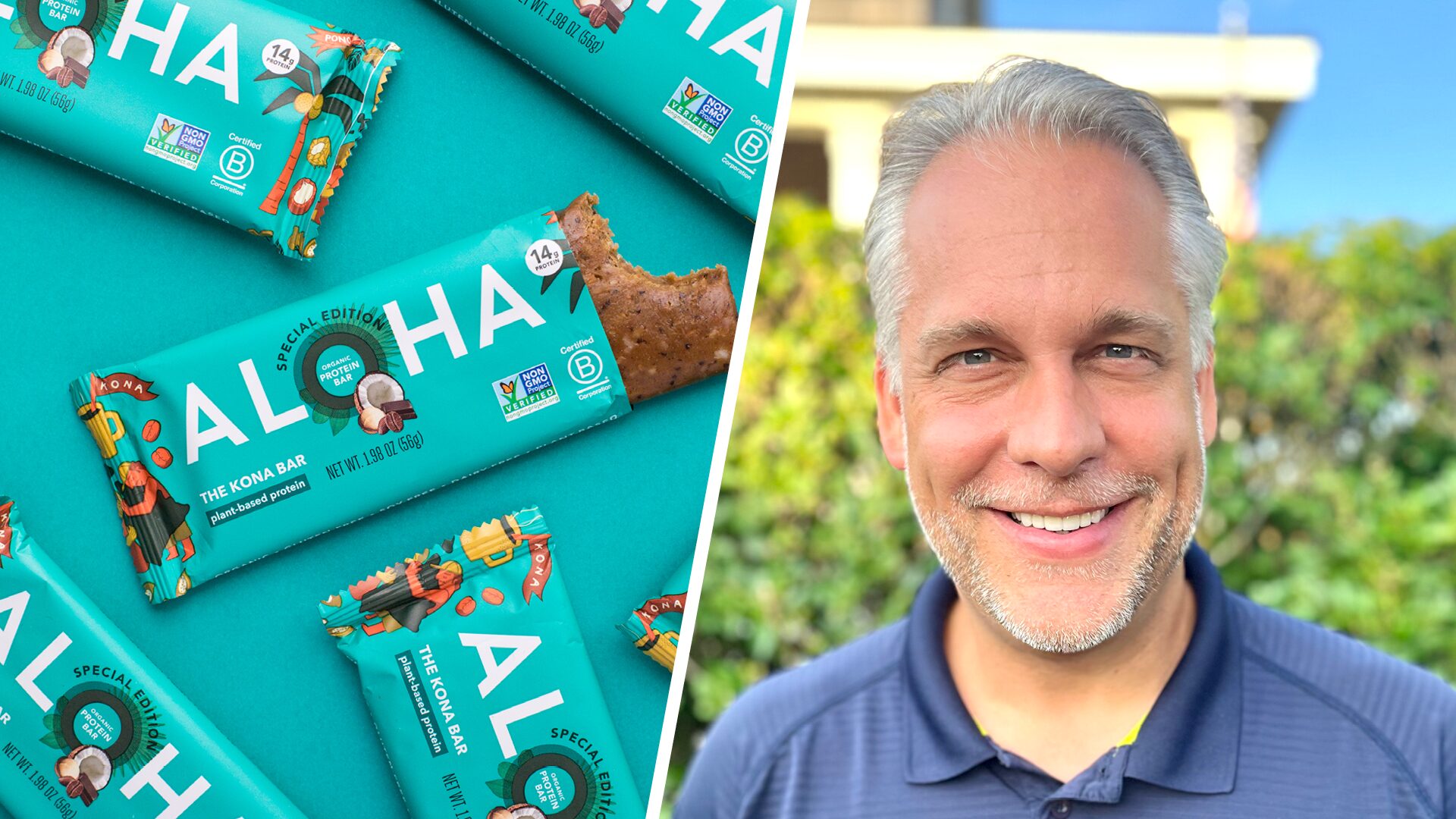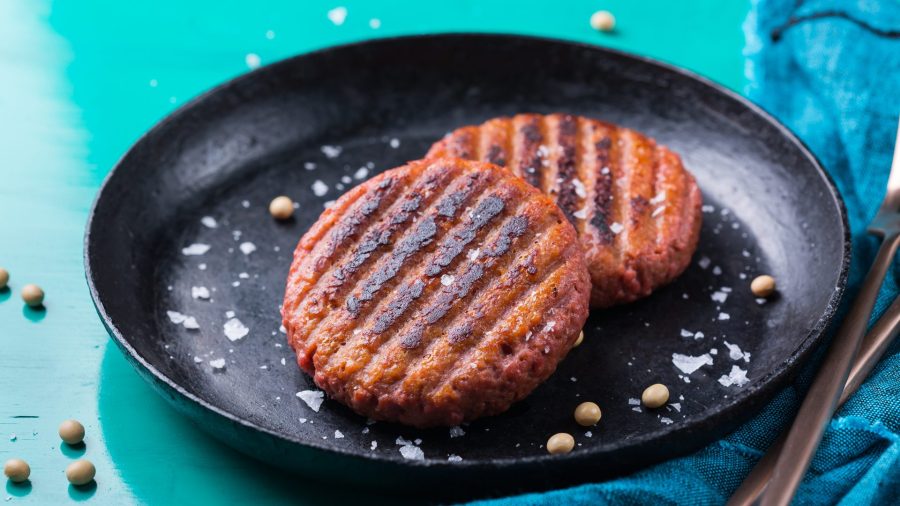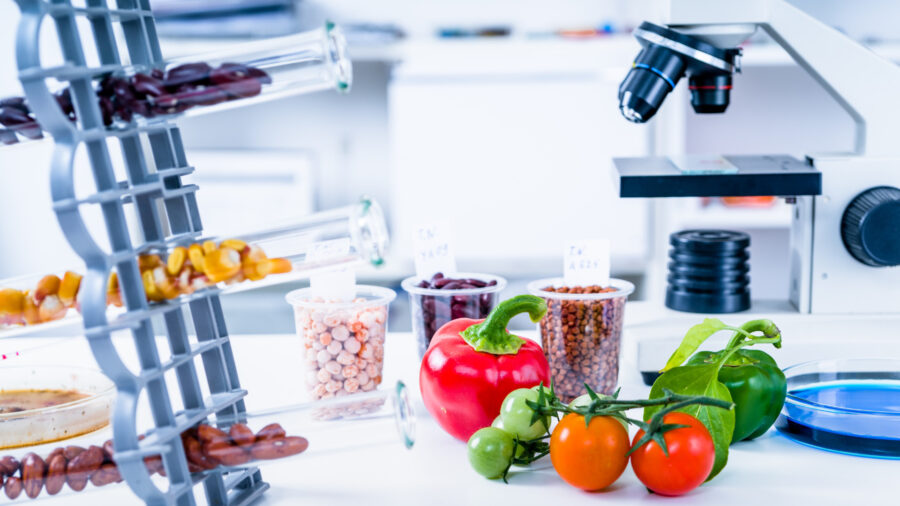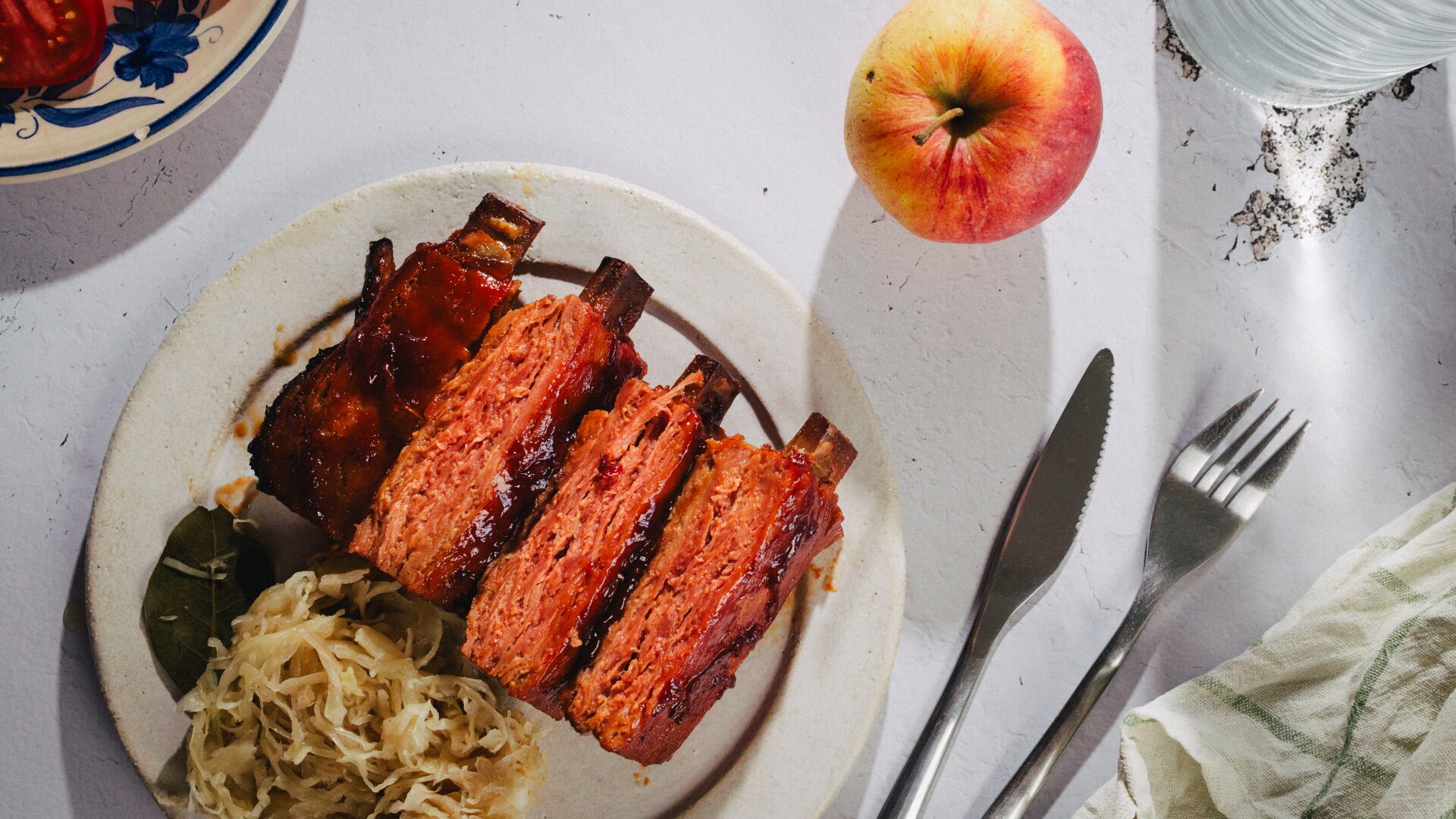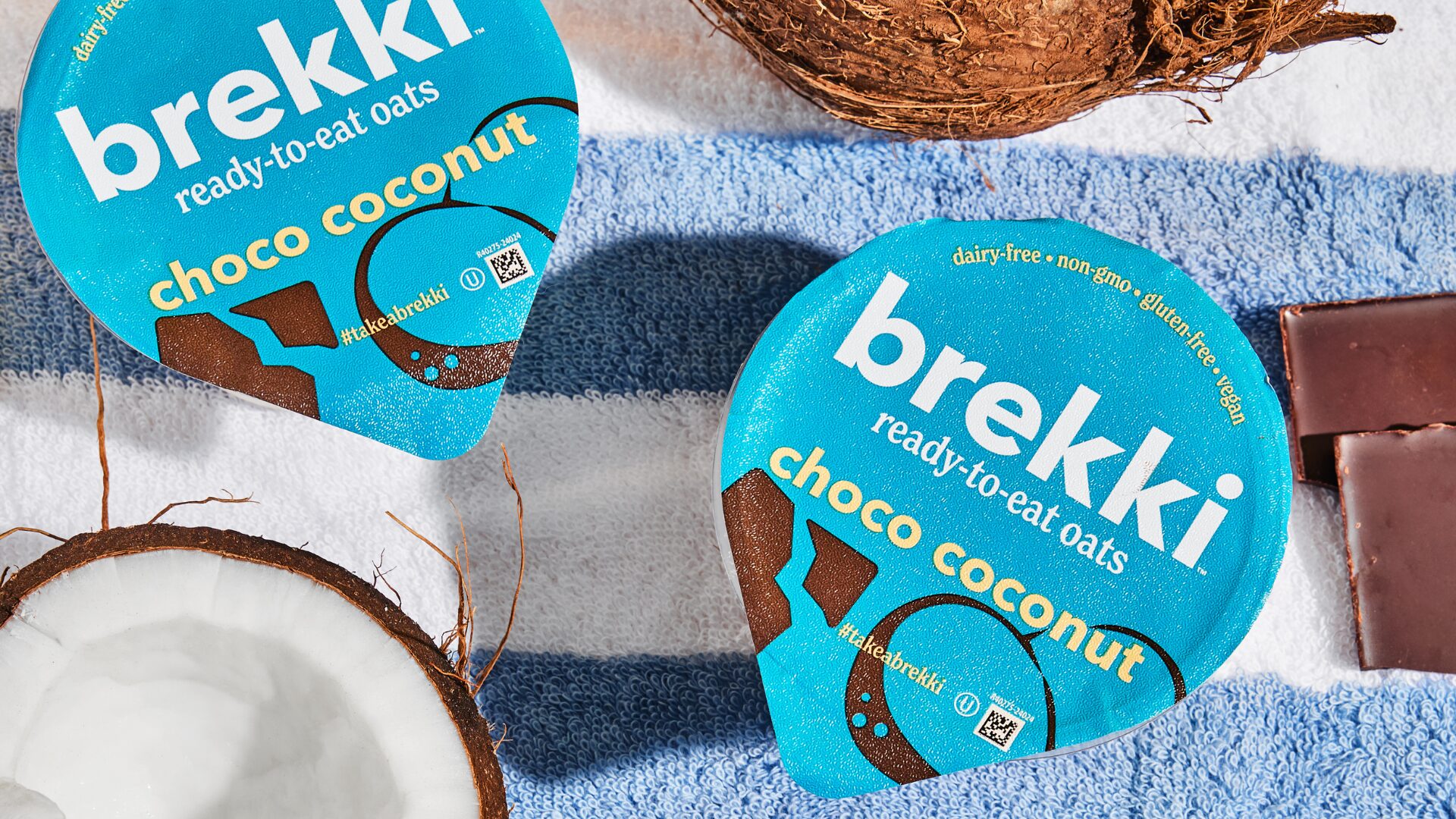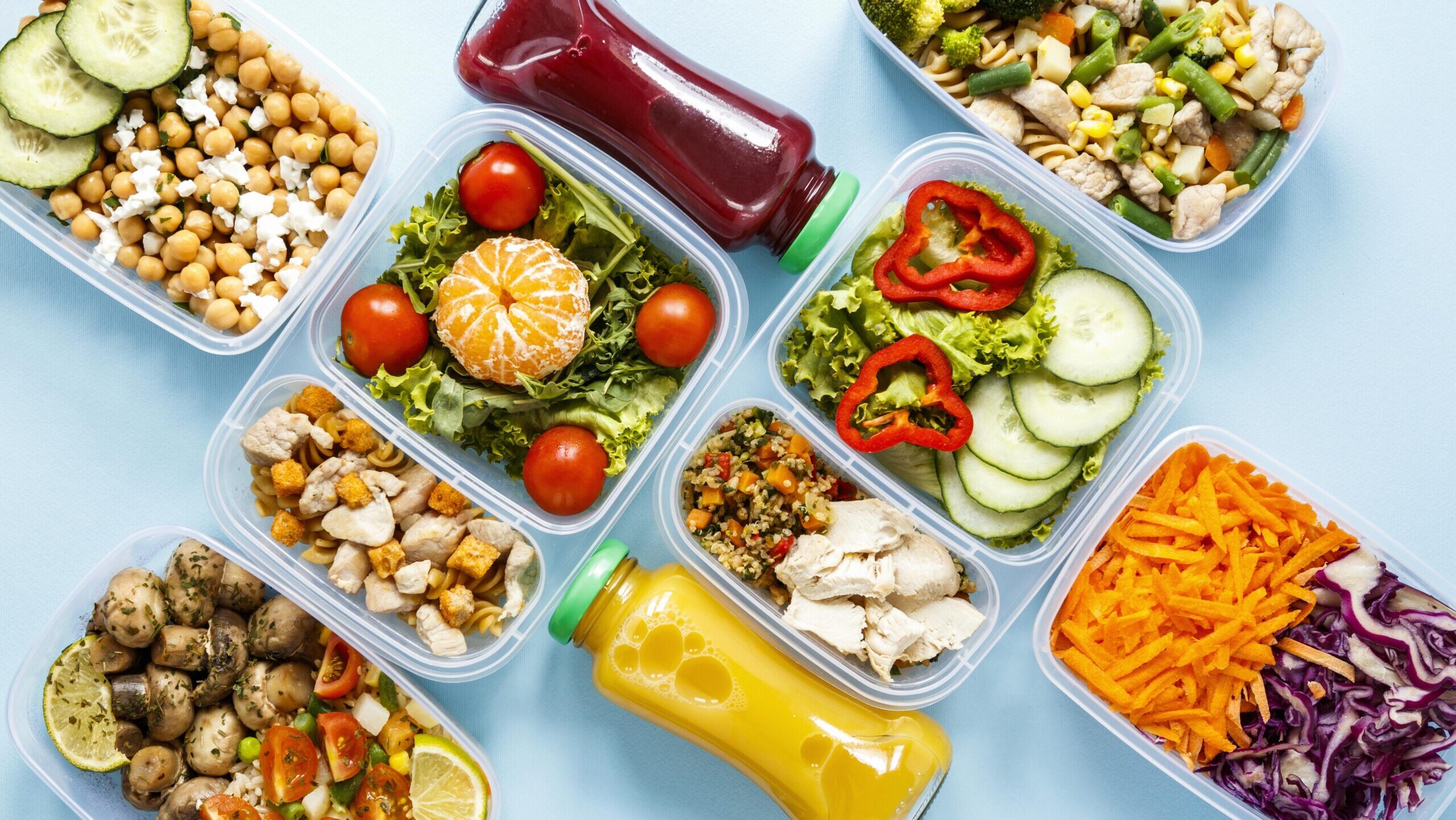
Image by Freepik
Nowadays, snack aisles and dairy cases are overflowing with high-protein products: Snack bars – barely 2 ounces in net weight – packed with 20g of protein … Ready-to-drink milkshakes featuring 42g of “protein fuel” … and earlier this month, the world’s first “super candy” even launched across North America that, according to its advertising, boasts “up to 100 times more protein than any candy on the market.”
Many consumers, it would seem, are obsessed with high-protein products.
Too Much of a Good Thing?
The popularity of keto and paleo diets has contributed to the trend of high-protein diets. But that’s only part of the equation, according to Cassandra Padula Burke, a registered dietitian nutritionist.
“Consumer access to information about the role protein plays in helping feel fuller longer, while also supporting weight management goals and muscle recovery goals, has contributed to the emphasis on higher protein intake,” said Burke, who’s also a certified personal trainer and the owner of Catalyst Performance Lab in Finksburg, Maryland.
Americans consume about twice the daily amount of protein recommended by federal dietary guidelines.
The Hartman Group, a consumer research firm, notes that about 60% of Americans are actively trying to increase their protein intake.
In 2024, it’s not uncommon to see self-proclaimed workout gurus touting the benefits of eating as many as 200 grams of protein per day, however, it’s worth noting that such advice is strictly intended for workout enthusiasts.
“For the general population, the recommended dietary allowance is 0.8 grams per kilogram of bodyweight per day,” Burke told The Food Institute. “For (a) 175-pound person not participating in physical activity, up to 63 grams of protein per day is safe.”
Gender Differences in Protein Intake
Meanwhile, American men love protein in the form of meat so much that they’re eating 40 ounces of it each week on average, despite the U.S. government’s recommendation of 28 to 33 ounces per week (to lessen one’s chances of suffering heart disease, diabetes, and some cancers), as reported by The Wall Street Journal.
“Our country is protein obsessed, far more than any other developed country,” said SPINS CEO Jay Margolis while speaking at the 2024 Plant Based World Expo in New York City.
So-called “meatfluencers” even promote eating plans like the carnivore diet these days. Joe Rogan – a UFC announcer and podcaster with 14.5 million followers – sang the praises of the carnivore diet last year, claiming that eating mostly red meat, poultry, pork, seafood, dairy, and eggs makes him feel the best he’s ever felt, as NPR noted.
“People believe that protein is what makes or breaks their diet; it’s important, but it’s not the only thing – and more isn’t always better,” said Jason Levee, a registered dietitian with Whole Family CO.
Most health experts recommend consuming primarily lean animal protein, along with healthier dairy items that lend to a balanced diet, such as:
- Chicken
- Turkey
- Salmon
- Cottage cheese
- Greek yogurt
- Eggs
“Lean animal proteins are lower in saturated fat than other animal proteins, which may support cardiovascular health,” said Burke, who is also an advocate of plant-based sources like beans and lentils.
It’s important to keep in mind that not all protein sources are equal.
“Different individuals have different nutritional needs, allergen sensitivities, religious dietary guidelines, and other factors unique to each individual,” said Raveez Mohammed, GM of Festive Food Brands.
Many health experts seem to agree with the philosophy that animal-based products are healthier than supplements, though.
“My biggest suggestions would be that you want to try to get your protein intake from food before supplementing from power,” Levee said.
The Food Institute Podcast
Restaurant results for the second quarter weren’t stellar, but people still need to eat. Are they turning to their refrigerators, or are restaurants still on the menu for consumers? Circana Senior Vice President David Portalatin joined The Food Institute Podcast to discuss the makeup of the current restaurant customer amid a rising trend of home-centricity.






